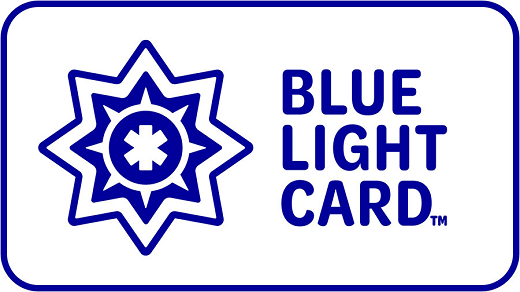
Introduction: In our modern society, the pervasive use of electronic devices such as smartphones, tablets, and computers has become an integral part of our daily lives. However, the blue light list emitted by these devices has raised concerns about its potential impact on melatonin production and sleep quality. Melatonin is a hormone that regulates the sleep-wake cycle, and any disruption to its production can have adverse effects on our overall sleep patterns and well-being. This article aims to explore the impact of blue light on melatonin production and its subsequent implications on sleep quality.
Blue Light and Melatonin: Blue light is a short-wavelength, high-energy light that is present in natural sunlight and emitted by electronic devices and energy-efficient light bulbs. The retina in our eyes contains specialized cells that are sensitive to blue light, and when exposed to it, they send signals to the brain to suppress the production of melatonin. Melatonin is released by the pineal gland in response to darkness and helps regulate our internal body clock, signaling the body that it’s time to sleep.
Impact on Melatonin Production: Exposure to blue light, especially during the evening and nighttime hours, can disrupt the body’s natural melatonin production. The brain receives mixed signals due to the continuous exposure to blue light, leading to a delay in the release of melatonin. Consequently, individuals may experience difficulty falling asleep or delayed sleep onset. Moreover, even after falling asleep, the overall quality of sleep may be affected, leading to reduced sleep duration, fragmented sleep, and less restorative sleep.
Sleep Quality and Health Consequences: The disruption of melatonin production and subsequent impairment of sleep quality can have significant health consequences. Chronic sleep deprivation or poor sleep quality has been associated with various physical and mental health issues. These include increased risk of obesity, diabetes, cardiovascular diseases, impaired cognitive function, mood disorders, and compromised immune function. Additionally, inadequate sleep can also lead to daytime drowsiness, decreased productivity, and impaired performance in daily activities.
Managing Blue Light Exposure: While completely avoiding blue light exposure is unrealistic in today’s technologically driven world, there are several strategies that individuals can adopt to minimize its impact on melatonin production and sleep quality. One approach is to limit electronic device usage, especially in the hours leading up to bedtime. Additionally, using devices with built-in blue light filters or installing software applications that reduce blue light emissions can be beneficial. Dimming the lights in the evening and using warm-colored light bulbs can also help create a more sleep-friendly environment.
Conclusion: The impact of blue light on melatonin production and sleep quality is a topic of growing concern in today’s digital age. The continuous exposure to blue light, primarily emitted by electronic devices, can disrupt the body’s natural sleep-wake cycle and lead to various health consequences. Understanding the potential risks and implementing strategies to minimize blue light exposure can contribute to better sleep quality and overall well-being. By prioritizing healthy sleep habits and making conscious choices regarding our technology usage, we can mitigate the negative impact of blue light on melatonin production and enhance our sleep quality.